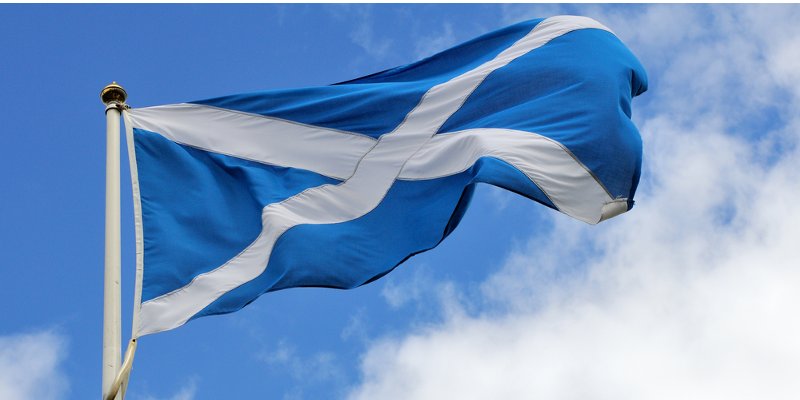Price rises continue to slow in Scotland, down 0.2% in August from July, the fourth consecutive drop in prices since May, the Your Move/Acadata House Price Index for Scotland has found.

Price rises continue to slow in Scotland, down 0.2% in August from July, the fourth consecutive drop in prices since May, the Your Move/Acadata House Price Index for Scotland has found.
The monthly drop in August was also substantially lower than that in both July (0.5%) and June (0.8%).
As a result, Scotland’s prices still averaged £180,310 in August, up from £174,481 a year ago. The annual rate slowed down to 3.3% in August, from 5.5% at the start of the year and 7.6% at its peak in March.
Christine Campbell, Your Move managing director in Scotland, said: “Edinburgh and Glasgow are the foundation of the Scottish property market, and the evidence to date suggests that this foundation is strong.
“The problem is, however, that most homeowners seem in no hurry to put their properties onto the market, and we’re seeing a significant shortage of stock.
“When they do come to the market, however, they sell fast so demand is still there with Leith, for example, being a real hotspot. With talks of a potential second Scottish referendum in the midst, this too could lead to even more price uncertainty as people sit tight.”
Alan Penman, business development manager for Walker Fraser Steele, one of Scotland’s oldest firms of chartered surveyors and part of the LSL group of companies, said: “When properties come to market in most areas of Scotland we’re still seeing strong interest.”
Price growth in Scotland is higher than that in England and Wales as a whole – which stands at 1.7%. Nevertheless, 25 of the country’s 32 authorities are still showing annual growth, and the two big centres of Edinburgh and Glasgow continue to perform strongly.
Scotland is testing the limits of whether a market can be strong while inactive. There is a lack of supply, with traditional ‘city’ agents having to spread their coverage into the suburbs of Edinburgh.
Whether it is the Brexit effect or not there is relatively little stock coming to the market. New vendor instructions in Scotland are the lowest in the UK, after Yorkshire and the Humber, according to a RICS survey.
That in part is helping to sustain prices, but also means transactions are low. Even in the five months to May, when prices were growing more strongly, ONS data shows sales volumes 9% down on the same period in 2017, putting them at their lowest since 2013.
Where properties do find their way to market, however, they’re generally finding buyers – and crucially still in Edinburgh and Glasgow, which together account for about a quarter of all Scotland’s transactions.
The cities not only continue to show robust annual growth – 3.1% for Edinburgh and 5.9% for Glasgow; they also both recorded an increase in August, of 0.3% and 1.6%, respectively.
Glasgow even set a new peak average price, of £160,435, against £267,297 in Edinburgh, still the country’s most expensive local authority area. It was the only area that did, however.
Despite the city’s contribution to the market, overall average prices still fell for the month, in large part because another two of Scotland’s big markets – Renfrewshire and Aberdeenshire – both saw prices fall substantially in August, by 5.2% and 1.9% respectively.
On an annual basis, however, both still showed positive growth, as do most other areas. At the top of the market, East Renfrewshire, the second most expensive area after Edinburgh, was up 5.0%, East Dunbartonshire 9.6%, East Lothian 7.2% and Midlothian 7.1%.
East Dunbartonshire also saw the strongest monthly growth on the mainland (3.1%). At the other end of the market, Inverclyde topped the growth table in the country with a 12.0% annual increase, though it’s thanks in large part to sales in the more expensive Kilmacolm area, while West Dunbartonshire also broke double figures, at 10.4%.
Again some higher priced sales, including a detached property for £595,000, helped push up the figures in that area, where average prices are just £121,891.



